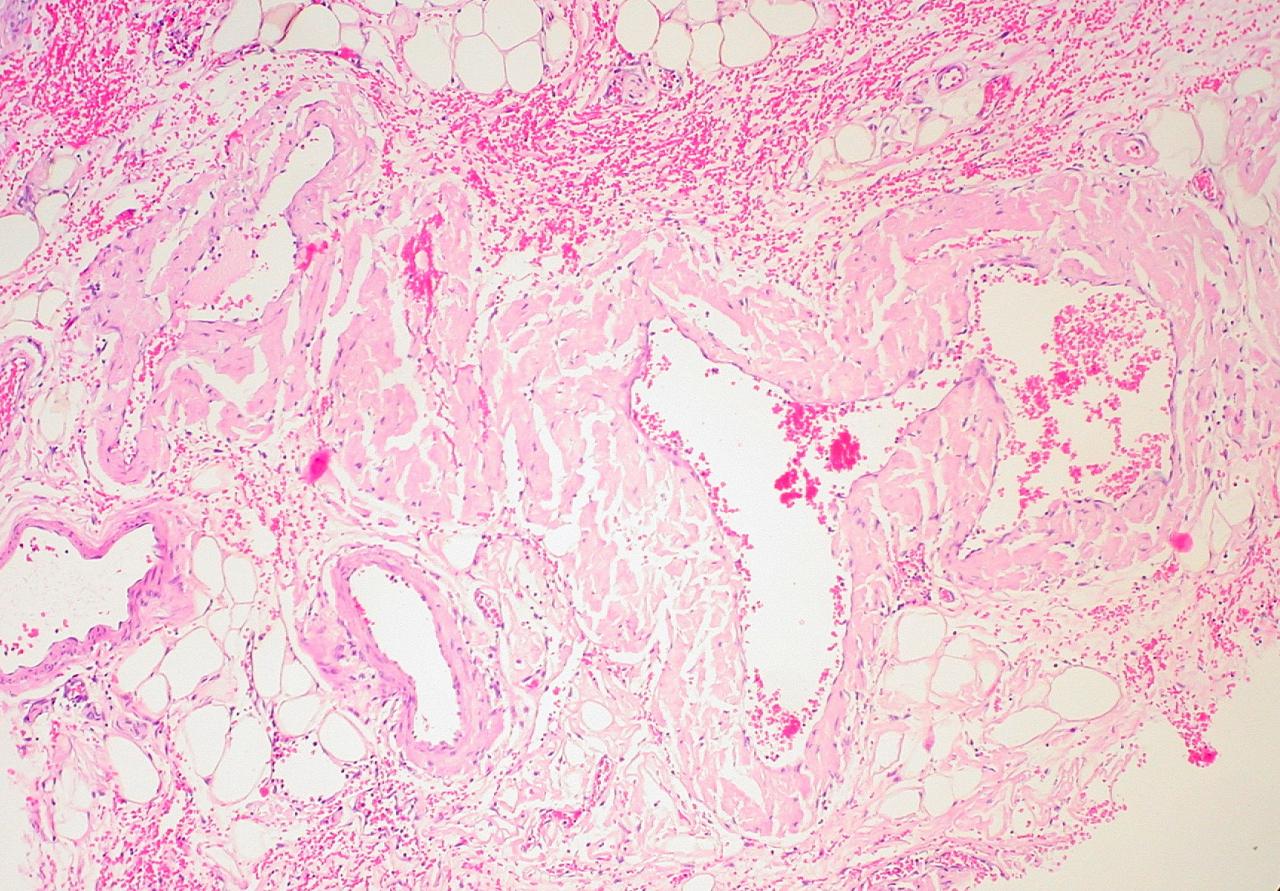In the last decade, there has been a major emphasis on early detection of dementia. Currently there are an estimated 3.4 million elderly Americans diagnosed with dementia, while another 5.4 million suffer from mild forms of cognitive impairment.
Recently, researchers from Boston developed a screening test to help identify individuals with early cognitive impairment. The test is designed to quickly identify people who have problem with learning, thinking and memory. Classified as “The Sweet 16" for its 16-point scale, the test rapidly exposes telltale signs of dementia through a cognition grading system that ranks mental skills from a low score of zero up to a high of 16.
However, the researchers who have formulated this test caution that it still needs further analysis to ascertain its reliability, particularly if it is to be compared to the already well -established measure of cognitive dysfunction-- the Mini-Mental State Examination (MMSE). The investigators indicate that unlike the MMSE the Sweet 16 is faster and can identify early cognitive impairment.
"For many older adults, cognitive impairment contributes to loss of independence, decreased quality of life and increased health-care costs. While the public health impact of cognitive impairment is clear, this condition is often under-recognized," said Dr. Tamara G. Fong, of Hebrew Senior Life, Beth Israel Deaconess Medical Center and Harvard Medical School .
Fong also added, ""A simple, rapid cognitive assessment instrument is therefore a valuable tool for use in both clinical and research settings."
Even though the MMSE is the current gold standard test for dementia testing, it is not ideal for all dementia and the test is not universally applicable to all patients with dementia.
The current 16-point test is heavily focused on ability to recall skills, verbal memory performance, and orientation issues such as the ability to identify a person, place, time and/or situation. The test is fast and does not involve any writing. When compared with the MMSE, it has been shown to have higher sensitivity in detecting cognitive impairment. However, experts also indicate that the test does give a high rate of false positives.
While no one disagrees for the need of better cognitive test, it is not known if this test will fit the bill. The MMSE is cumbersome, requires writing and it is also difficult to score.
Dr. Gary J. Kennedy, director of geriatric psychiatry at Montefiore Medical Center in New York City said, “I would say that reading this description of the 'Sweet 16,' it sounds like it's much more easily administrated. But still, I'm not convinced this is the answer to the problem. Because diagnosing cognitive impairment is not the same as diagnosing diabetes. It is much more complicated than that. People's cognition varies with life experience. It is not like simply testing for blood sugar levels. There isn't a single diagnostic marker."
Final point: With early diagnosis of dementia, will that mean doctors will start to prescribe more medications? The point to understand is that the majority of people who have early dementia do not require any treatment and the rates of progression of dementia are very variable.






Add a Comment1 Comments
The prevalence of Frontotemporal dementia is considerable, though specific figures vary among different studies. It occurs usually in an age range of 35–75 and it is more common in individuals with a positive family history of dementia. The risk factors associated with this disorder include head injury and family history of FTD.
March 25, 2011 - 1:35amThis Comment